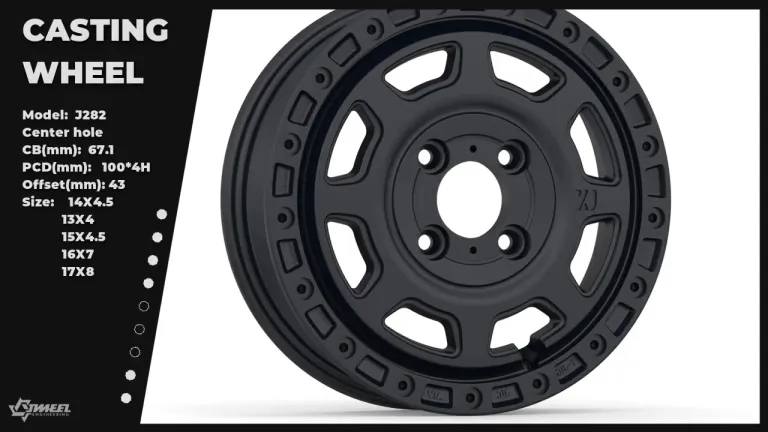When it comes to selecting a custom alloys supplier, understanding the casting process is crucial in order to find the right partner for your needs. From raw materials to finished wheels, there are several steps involved in creating high-quality custom alloys for various applications.
Selection of Raw Materials
The first step in the casting process is the selection of raw materials. Custom alloys are typically made from a combination of different metals, such as aluminum, magnesium, or zinc. These raw materials are carefully chosen based on their individual properties and how they will contribute to the final alloy’s strength, durability, and other characteristics.
Melting Process
Once the raw materials have been selected, they are melted down in a furnace at extremely high temperatures. This process, known as melting, is crucial for ensuring that the metals are completely liquified and ready for the next step in the casting process.
Casting
After the metals have been melted down, they are poured into a mold in order to take on a specific shape or design. The mold is typically made from a heat-resistant material, such as steel or ceramic, and is carefully designed to ensure that the final product will have the exact dimensions and specifications required.
Solidification
Once the molten metal has been poured into the mold, it is allowed to cool and solidify. This process, known as solidification, is crucial for ensuring that the final alloy will have the proper structure and characteristics needed for its intended use.
Inspection and Correction
After the metal has solidified, the mold is removed and the rough casting wheel manufacturer is carefully inspected for any defects or imperfections. If any issues are found, they can be corrected before the final finishing process begins.
Finishing
The final step in the casting process is finishing, which involves machining, grinding, and polishing the rough casting in order to achieve the desired final shape, size, and surface finish. This step is crucial for ensuring that the custom alloy meets the exact specifications required for its intended application.
Understanding the casting process is essential for selecting the right custom alloys supplier. By knowing how raw materials are selected, melted, poured, solidified, and finished, you can ensure that your supplier has the expertise and capability to create high-quality custom alloys for your specific needs.
When looking for a custom alloys supplier, be sure to ask about their experience with the casting process, as well as their quality control measures and certifications. By demystifying the casting process and understanding how raw materials are transformed into finished wheels, you can make an informed decision when selecting the right partner for your custom alloy needs.